At Beckemeier LeMoine Law, we help businesses design and manage employee benefit plans that attract top talent while keeping costs in check. Whether you’re a small local business or a larger organization, we work with you to create a benefits package that fits your needs and stays compliant with all state and federal regulations. From pension plans to executive compensation, we make the process clear and easy to navigate for you and your team.
Employment Benefits, Defined
Employment benefits refer to the additional perks or compensation provided to employees beyond their regular wages or salary. These benefits can include retirement plans like 401(k)s, health insurance, paid time off, life insurance, and disability coverage. They may also include executive compensation packages, stock options, and wellness programs. Offering a strong benefits package helps attract and retain talent while promoting employee satisfaction and well-being. Businesses must manage these benefits carefully to ensure compliance with regulations.
Our Employment Benefit Services:
- Designing and implementing pension and 401(k) plans
- Drafting and managing non-qualified deferred compensation plans
- Advising on health and welfare benefit plans
- Developing executive compensation packages
- Structuring equity-based compensation programs like stock options
- Assisting with mergers and acquisitions regarding employee benefits
- Ensuring compliance with HIPAA and COBRA regulations
- Correcting plan errors through IRS and DOL programs
- Representing clients in IRS, DOL, and PBGC audits
- Supporting ESOPs for business buyouts and acquisitions
- Handling withdrawal liability from multi-employer plans
Why Are Employee Benefits Important?
Employee benefits help businesses attract and retain top talent, enhance job satisfaction, and boost employee morale. A strong benefits package demonstrates that a company values its employees, contributing to a positive work culture and helping employers stand out in job markets. Additionally, benefits like retirement plans and health insurance can offer financial security to employees, making them a key factor in long-term employee loyalty.

What Types of Employee Benefits Should My Business Offer?
The types of employee benefits you should offer depend on your company’s size, industry, and employee needs. Common options include:
- Health and wellness programs (e.g., medical, dental, and vision insurance)
- Retirement plans (e.g., 401(k), pension plans)
- Paid time off (e.g., vacation, sick leave, personal days)
- Disability and life insurance
- Executive compensation packages (e.g., stock options, bonuses)
- Flexible work arrangements or remote work options
- Employee assistance programs (EAPs)
Employment Benefits FAQs
What is the Difference Between Qualified and Non-Qualified Benefit Plans?
Qualified benefit plans meet the requirements set by the IRS and the Department of Labor (DOL) to receive favorable tax treatment. These plans include 401(k) plans and pension plans. Non-qualified plans, on the other hand, do not meet these requirements but are often used to offer benefits to higher-level employees or executives beyond what is allowed in qualified plans. Non-qualified plans may include deferred compensation arrangements, stock options, and certain executive compensation plans.
How Can I Ensure Compliance With Employee Benefits Laws?
Compliance with federal and state regulations is essential to avoid legal issues. This includes adhering to laws like the Employee Retirement Income Security Act (ERISA), HIPAA, COBRA, and the Affordable Care Act (ACA). Our team at Beckemeier LeMoine Law helps ensure your employee benefits plans meet all legal requirements, reducing the risk of audits and penalties.
What is an ESOP, and Should I Offer One to My Employees?
An ESOP (Employee Stock Ownership Plan) is a retirement plan that allows employees to become partial owners of the company they work for through stock options. ESOPs can be a great way to encourage long-term commitment and motivate employees to take an active role in the company’s success. If you’re considering implementing an ESOP, we can help you understand the regulatory requirements and ensure they align with your business goals.
How Do I Correct Errors in My Benefit Plans?
If you discover an error in your benefit plan, such as a miscalculation of contributions or failure to comply with a regulatory requirement, there are correction programs available. The IRS and DOL offer voluntary compliance programs that allow businesses to fix errors and avoid penalties. We can guide you through these correction methods, ensuring your plans are properly rectified and in compliance with applicable laws.
What is the Impact of Taxes on Employee Benefits?
Certain employee benefits, such as retirement plan contributions and health insurance premiums, have tax advantages, while others may be subject to taxation. Understanding the tax implications of different benefits is critical to managing costs. We provide guidance on tax laws and strategies to minimize the impact of taxes on both your company and your employees.

Why Choose Us?
Beckemeier LeMoine Law is a trusted partner for businesses seeking reliable, cost-effective solutions for employee benefits needs. We combine the strength and resources of larger firms with the personalized attention and care of a smaller practice. Our team specializes in all aspects of employee benefits, from plan design to compliance and litigation. We are committed to delivering tailored strategies that align with your business goals. Contact us today to discuss how we can support your business.


